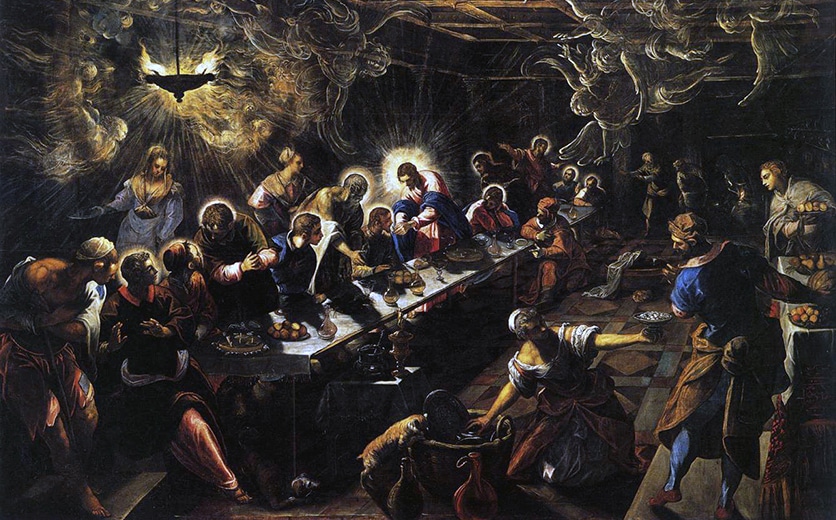Lat., “rebirth”
A term associated with human hopes and longings for the dawn of a new day, the establishment of a better world, and the creation of a new humanity. For biblical writers, the hope of regeneration is linked to faith in the Creator, who is understood as the source of new creation. Although the term “regeneration” does not occur in the OT, the OT prophets did speak of an appointed hour when God would make all things new, reconstitute human disposition, make resistant hearts supple, renew the covenant, and refresh spirits through the outpouring of the Spirit (Isa 65:17-25; Isa 66:22; Jer 31:31-34; Jer 32:38-41; Ezek 36:25-28; Ezek 37:1-14; Hos 6:1-2; Joel 2:26-32; Zech 13:1; Isa 2:1-5; Ps 51:10-12). NT writers declare that this day of redemption has dawned in the life (Matt 10:7-8; Matt 11:4-6; Matt 12:28; Matt 18:3; Luke 4:18-19), death, and resurrection of Jesus. God causes people to be “born anew” (1Pet 1:3; 1Pet 1:23; 1Pet 2:2); God “saved us . . . through the water of rebirth and renewal” (Titus 3:5); it is necessary to be “born again” or “born from above” (John 3:3; John 3:7; John 1:13; John 3:5-6; John 3:8; 1John 3:9; 1John 5:1-12; Jas 1:18; Jas 1:21). The locus of this orientation is the resurrection of Jesus; the new creation has dawned with Easter (Rom 6:3-14; Rom 8:10-17; Rom 12:2; 1Cor 12:13-14; 2Cor 1:20-22; 2Cor 3:18; 2Cor 4:16; 2Cor 5:17; 2Cor 6:16-18; 2Cor 13:3; 2Cor 13:5; Gal 2:19-21; Gal 3:27-29; Gal 6:15; Eph 2:10; Eph 2:15-16; Eph 4:24; Col 2:12-15; Col 3:1-12; Heb 10:22; 1Pet 1:3-5; Rev 1:5-6). The means through which this new reality becomes the new existence for human beings is articulated variously and with different emphases. It is imparted through the power of God’s word and Spirit, received through faith, experienced in baptism, lived out in the obedience of responsible living, and in constant conflict with the old existence.




